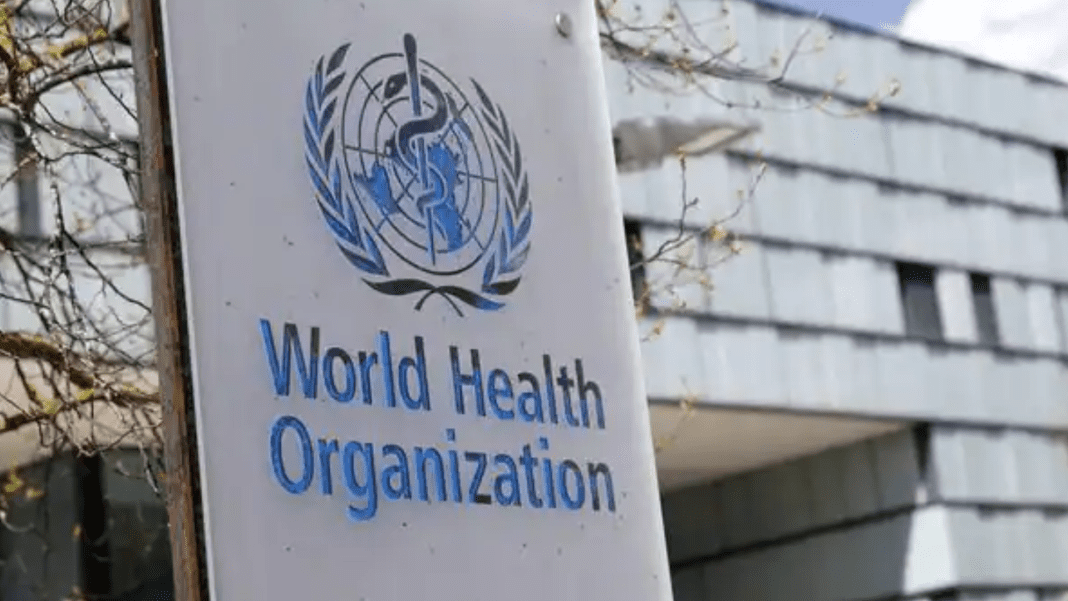Indian Sellers Collective, an umbrella body of leading trade associations and sellers across the country, has come down heavily on a report by WHO which advocates restricting the growth of small independent retailers selling indigenous food items and alleged that the global health body is serving interests of MNCs.
Citing national interests as their driving motivation, the Indian Sellers Collective has called upon Prime Minister Narendra Modi to launch an inquiry into the report compiled by the World Health Organization.
Emphasizing the report’s inherent bias, the Indian Sellers Collective pointed out that the WHO report has suggested a differentiation for zero-sugar carbonated beverages in the Goods and Services Tax (GST) category. Presently, all carbonated drinks are subject to a 28 percent tax rate, along with an additional 12 percent sin tax, totaling 40 percent.
“This WHO report contradicts its own advisory of advocating prohibition of non-sugar sweeteners, commonly found in zero-sugar carbonated drinks. This contradictory stance appears to push a biased narrative by the global body, suggesting an agenda to promote products from multinational corporations in the Indian market. This positioning of carcinogenic non-sugar sweeteners by WHO is clearly geared to suit the interests of a few at the cost of the health of millions of Indians.
“Another worrisome aspect of the Report is that it disregards the generations old composition of Indian foods and calls for promoting artificially tinkered foods based on untested scientific claims. We must not blindly adopt Western policies aiming to alter our culinary traditions and food products. Indian cuisine, finely attuned to our climate and genetic makeup, has evolved over centuries. The WHO’s claim that high-salt Indian food is detrimental to our health is fallacious,” said Abhay Raj Mishra, Member and National Coordinator, Indian Sellers Collective.
Another notable aspect underscored by the Indian Sellers Collective is that the WHO report supports the adoption of the Draft Notifications on Food Safety and Standards (Labelling & Display) Amendment Regulations (2022) proposed by the FSSAI. With the introduction of Front-of-Pack Nutrition Labelling (FOPNL), Indian food products could potentially receive lower star ratings, consequently being categorized as unhealthy and facing potential rejection by consumers. This scenario could create an inequitable advantage for Western alternatives, which, in reality, have been fortified and chemically altered by multinational corporations (MNCs) primarily to achieve higher ratings.
The Indian Sellers Collective believes that it is imperative to protect the interests of Indian consumers by enhancing and expanding the authority of domestic research organizations like the Indian Council of Medical Research (ICMR). This augmentation should enable them to conduct comprehensive studies tailored to Indian dietary patterns and explore the health consequences of reformulated food products.
Numerous Indian food items widely enjoyed across the northern, southern, eastern, and western regions are produced by cottage industries and Micro, Small, and Medium Enterprises (MSMEs) unique to those areas. These products encompass beloved classics such as khakra, murukku, dal sev, bhujiya, and many others.
The Indian Sellers Collective asserts that there is a covert agenda aimed at altering India’s culinary preferences, and they view the WHO report as another step in this direction. They further allege that the report has the capacity to inflict significant harm on the Micro, Small, and Medium Enterprises (MSME) sector, as small retailers and unorganized food producers are responsible for creating millions of job opportunities.


